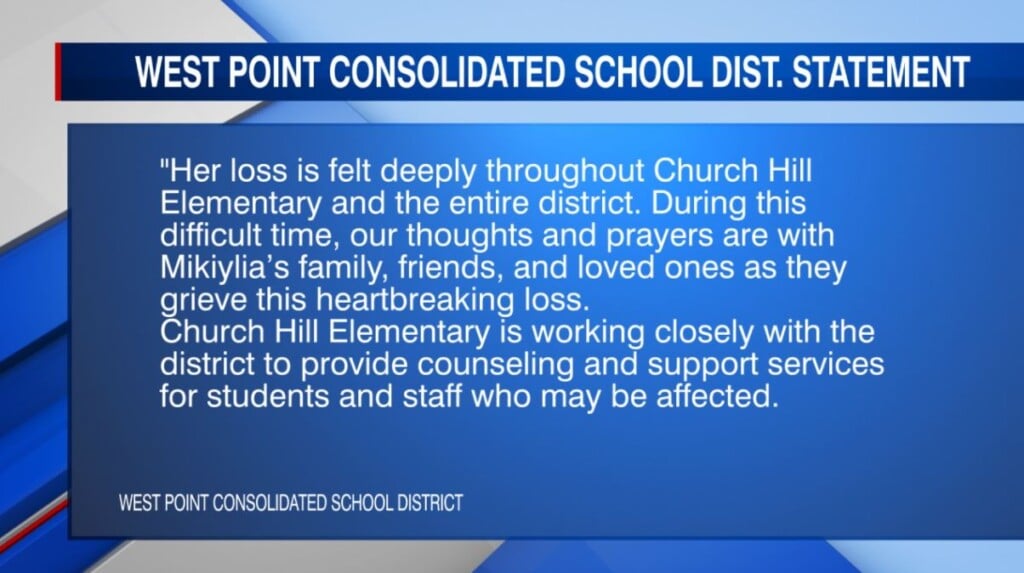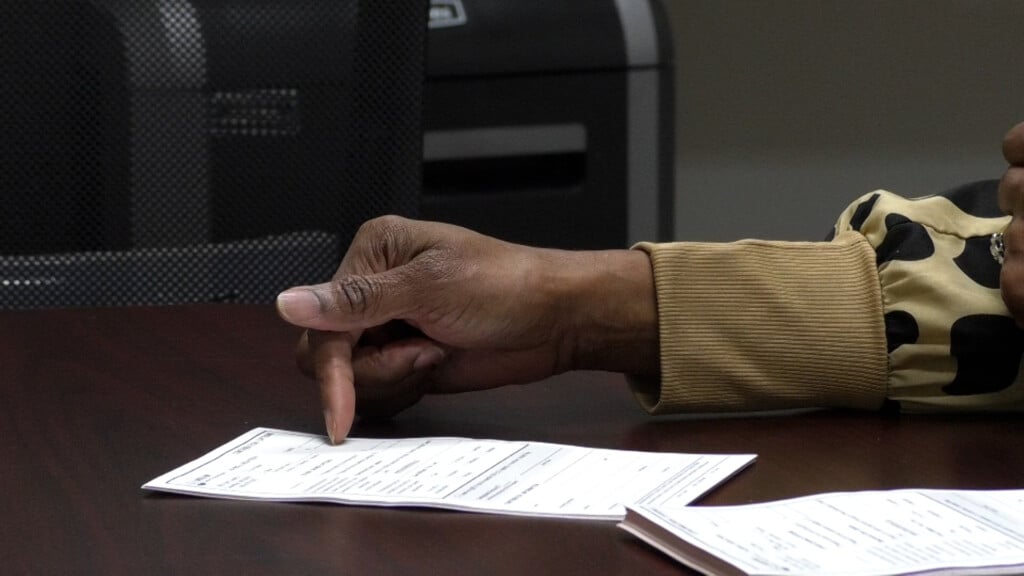Senator Cochran Says Farm Bill an Economic Boon
WASHINGTON, D.C. (Press Release) — U.S. Senator Thad Cochran (R-Miss.) today said he is optimistic that renewable energy policies in the 2014 farm bill can help generate energy and economic benefits for Mississippi and other Southeast states.
Cochran, ranking member of the Senate Agriculture Committee, this week took part in a hearing to examine the advanced biofuels industry. Dr. Sumesh Arora, vice president of Ridgeland-based Innovate Mississippi and director of Strategic Biomass Solutions, provided testimony on the challenges and opportunities facing the industry.
“The 2014 farm bill can foster opportunities for advanced biofuels to become a larger and more secure part of our nation’s energy strategy,” Cochran said. “I’m encouraged with the public, private and academic partnerships that have the potential for contributing toward the commercialization of advanced biofuels.”
“Readily available feedstocks in the South that are not traditionally used for food or feed can be a growing part our advanced biofuels industry, but there are barriers that need to be overcome to allow this sector to become a strong economic and jobs generator in rural Mississippi,” he said.
Arora explained to the committee that Southeast states are actively developing advanced biofuels generated from a variety of feedstocks, but said the “market penetration” for feedstock acreage dedicated to commercial biofuel production is relatively small when compared to traditional crops like corn.
“Many parts of the country, especially the Southeastern United States, are well suited to generate emerging feedstocks for renewable energy in an ecologically sustainable manner,” Arora said in testimony to the committee. “Mississippi is emerging as a regional leader and the proving ground for commercial scale production of various advanced clean energy technologies.”
“Biofuels really offer good options to have regional strategies, and we are trying to, I think, pursue a one-size-fits-all strategy for the whole country,” Arora said. “We should be looking at drop-in biofuels in the Southeast where the feedstocks are different so you can match–take woody biomass or poultry industry biomass and convert that over to the biofuel. So we need to look at it more on a regional basis as opposed to a one-size-fits-all strategy for the country.”
As a nonprofit economic development organization, Innovate Mississippi has worked closely with the biofuel and cellulosic ethanol industries. Its Strategic Biomass Solutions initiative focuses on the potential commercialization of renewable energy technologies and innovation-based enterprises.




Leave a Reply